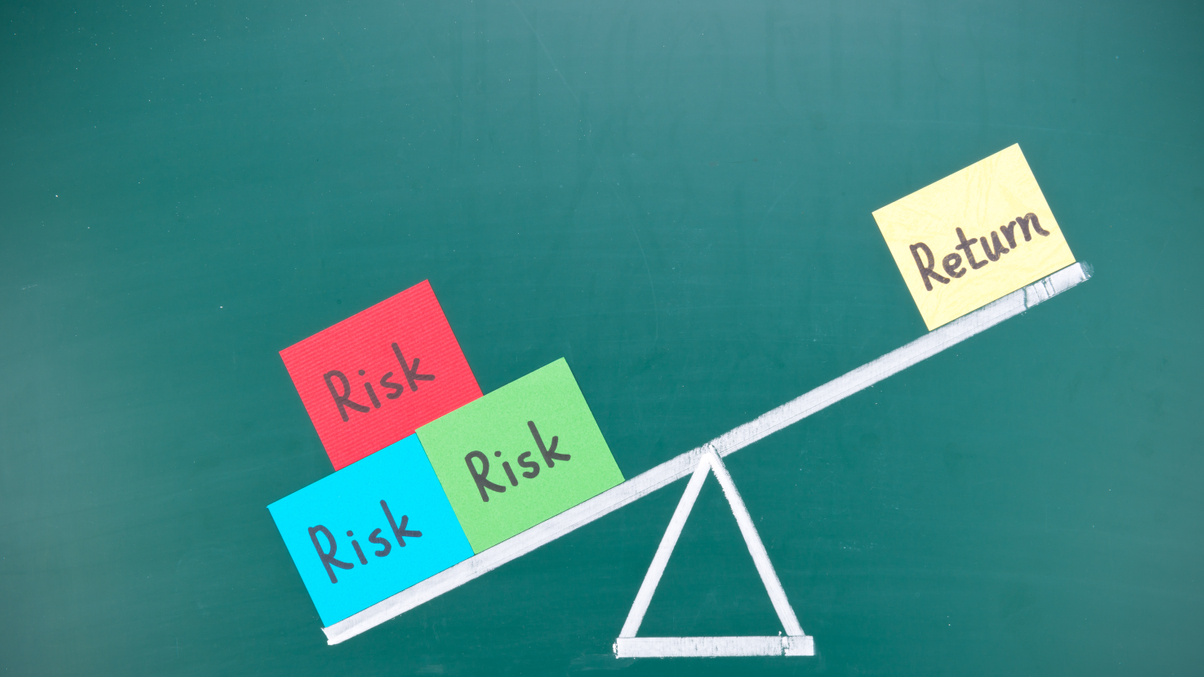Thailand’s GPF turns cautious on pricey private markets
The Thai pension fund's head of private markets believes high valuations across unlisted markets poses challenges for investors seeking superior returns from alternative assets.

Soaring demand for unlisted assets has pushed up valuations so much that investors are increasingly having to lower their return expectations.
Sign in to read on!
Registered users get 2 free articles in 30 days.
Subscribers have full unlimited access to AsianInvestor
Not signed up? New users get 2 free articles per month, plus a 7-day unlimited free trial.
¬ Haymarket Media Limited. All rights reserved.


